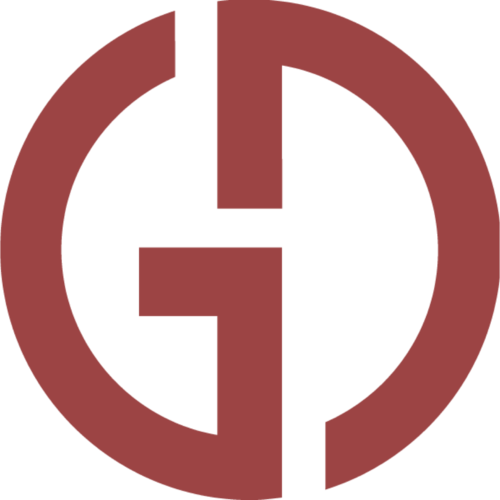We all need a ‘rolling career forecast’ now.
Seems like the human species is getting more and more chances to get better at our response to global crises! One of the (many) outcomes of the 2008 financial crisis was a revisiting of the operational gears of business, especially financial tracking and management. (Gee, I guess a global market meltdown and massive loss of confidence in our financial systems and oversight processes might cause a bit of retrospection, eh?)
The 2008 crisis exposed the shortfalls of making static assumptions months ahead of time: forecasts ended up worthless, and many companies had no process in place for reforecasting on the run. To increase agility, many companies are adopting methodologies like zero-based budgeting and rolling forecasts. As noted from US Analytics:
“The biggest difference between rolling forecasts and the traditional budgeting process is that annual budgets determine the plan for the entire upcoming fiscal year. Coming up with an annual budget is a long process that takes a lot of research and ties up resources — then the rest of the year becomes a countdown to the next budget
Conversely, you should think of quarterly rolling forecasts (repeated monthly) as a living document. No longer are you spending all that time coming up with the annual budget. Instead, you’re making decisions throughout the year for a set time span. There’s no countdown and you’re always looking ahead, able to make tweaks to your budget as predictions change.”
I think there is a great parallel career lesson in this that can apply to our personal and professional response to the events of 2020+: a rolling career forecast.
Just like 2008 taught us that perfectly predicting financial performance 12 months ahead of time is an exercise in futility, our ability to forecast our professional career in 12 month planning cycles is pretty flawed too.
What we really need is a way to constantly be evaluating our professional circumstances: where we are, where we are going and what we need to do to get there.
Many people are comfortable doing this when something new happens like a new job. During those times, people are usually open to planning their “first 90 days” in a new role. But I don’t think we should stop there. We should be doing rolling 90, 180, and 360 day career forecasts. This lets us be proactive about our futures; because just being on autopilot means ceding control of your future to the vagaries and whims of circumstance. But it also allows us to change those plans when the external world dictates that response.
And we all now know how fast things can change.
We learned this lesson the hard way with COVID-19. Who among us could plan for a 12-month future at any point in time during this pandemic? But we could (and did) plan for a next 1, 2, 3 months of a given circumstance we were in. In fact, we got pretty good at rolling planning exercises. Now is the time to put those learnings to use in our career!
So here are some resources that I recommend for thinking in terms of a rolling career forecast:
The First 90 days - book
You are in charge, now what? - book
The New Leaders 100 day action plan - book
Engage a great coach - real human
Start with Why - book
Coaching for Leaders - podcast
Interested in more about this? Follow us on: Twitter, Linkedin, Instagram
